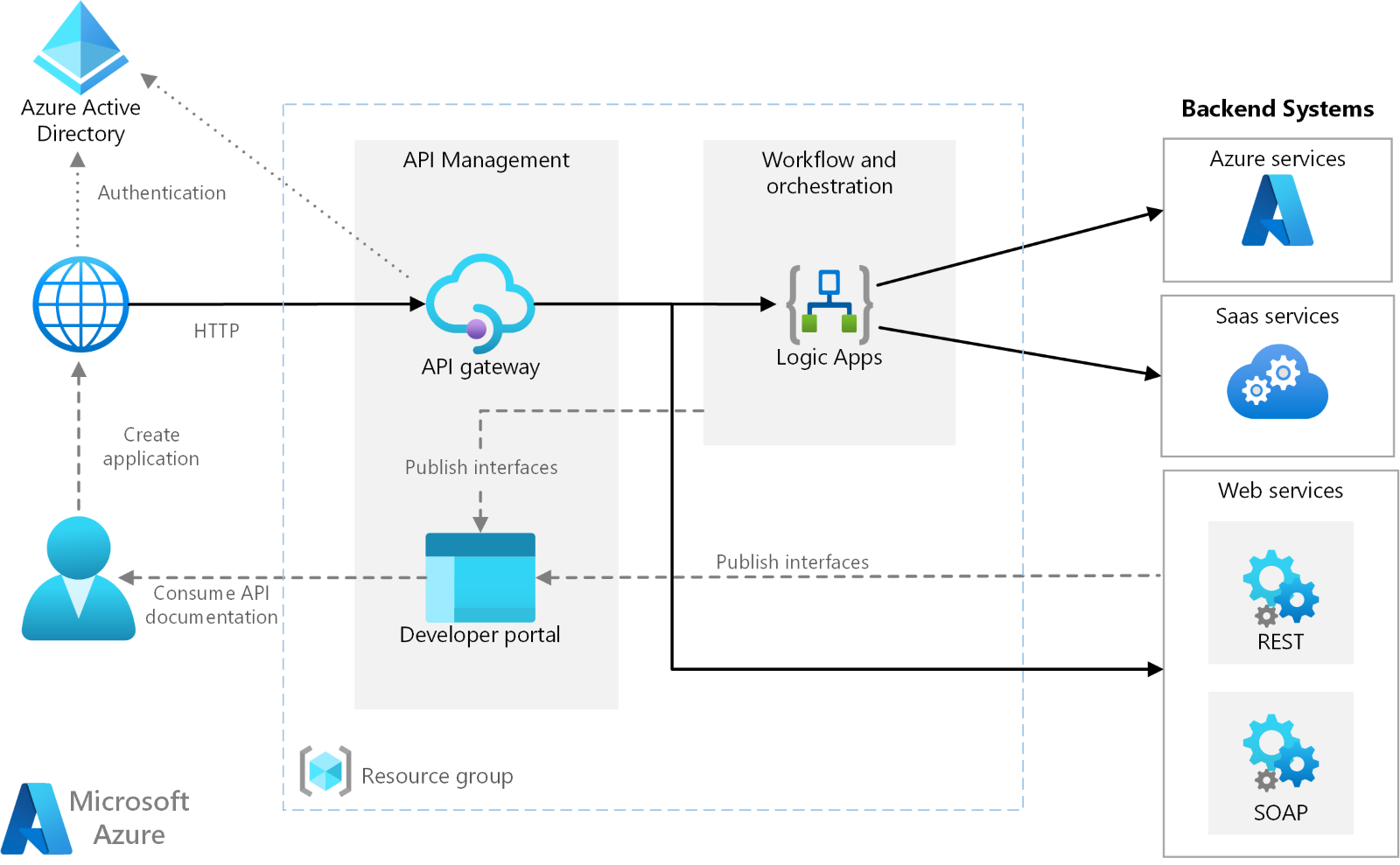
#Technical architect software#
Here are the main differences between a software architect and a technical architect.

Technical Architects typically have a background in engineering or computer science and experience in project management. They also oversee the development process to ensure that the project is on track and meets the quality standards. Technical Architects create detailed specifications for the project, including how the system will be built, what technologies will be used and how it will be tested. They work with clients, engineers and other stakeholders to understand the needs of the project and come up with a plan that meets those needs. Technical Architects are responsible for the design and implementation of technical solutions for their organization. Software Architects typically have a bachelor’s degree in computer science or a related field. They use this knowledge to create well-designed software applications that are efficient and easy to use. Software Architects typically have a strong understanding of multiple programming languages and software development tools. They collaborate with other software developers, business analysts and project managers to create high-quality software that meets the specific needs of an organization. Software Architects are responsible for the design, development and maintenance of software applications.

In this article, we compare and contrast the job titles of software architect and technical architect, and provide information on the skills and experience needed for each position. Both roles are important in ensuring the success of a software project. Additionally, employees who have access to the compensation information of other employees or applicants as a part of their essential job functions cannot disclose the pay of other employees or applicants to individuals who do not otherwise have access to compensation information, unless the disclosure is (a) in response to a formal complaint or charge, (b) in furtherance of an investigation, proceeding, hearing, or action, including an investigation conducted by the employer, or (c) consistent with the Company's legal duty to furnish information.A software architect is responsible for the design and development of software applications, while a technical architect focuses on the technical aspects of a project. The Company will not discharge or in any other manner discriminate against employees or applicants because they have inquired about, discussed, or disclosed their own pay or the pay of another employee or applicant. Job candidates will not be obligated to disclose sealed or expunged records of conviction or arrest as part of the hiring process.
#Technical architect free#
If you would like to be considered for employment opportunities with Accenture and have accommodation needs such as for a disability or religious observance, please call us toll free at 1 (877) 889-9009 or send us an email.Ĭandidates who are currently employed by a client of Accenture or an affiliated Accenture business may not be eligible for consideration. Accommodations made to facilitate the recruiting process are not a guarantee of future or continued accommodations once hired. If you are hired by Accenture and require accommodation to perform the essential functions of your role, you will be asked to participate in our reasonable accommodation process.

Accenture is an EEO and Affirmative Action Employer of Females/Minorities/Veterans/Individuals with Disabilities.Īll employment decisions shall be made without regard to age, race, creed, color, religion, sex, national origin, ancestry, disability status, veteran status, sexual orientation, gender identity or expression, genetic information, marital status, citizenship status or any other basis as protected by federal, state, or local law.Īccenture is committed to providing veteran employment opportunities to our service men and women.įor details, view a copy of the Accenture Equal Opportunity and Affirmative Action Policy StatementĪccenture is committed to providing equal employment opportunities for persons with disabilities or religious observances, including reasonable accommodation when needed.


 0 kommentar(er)
0 kommentar(er)
